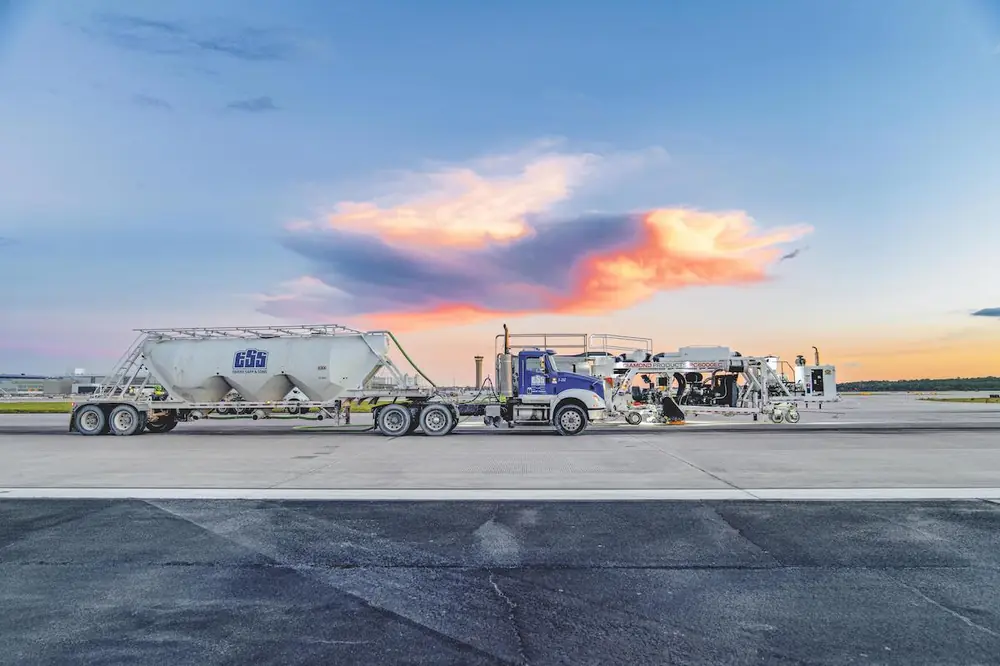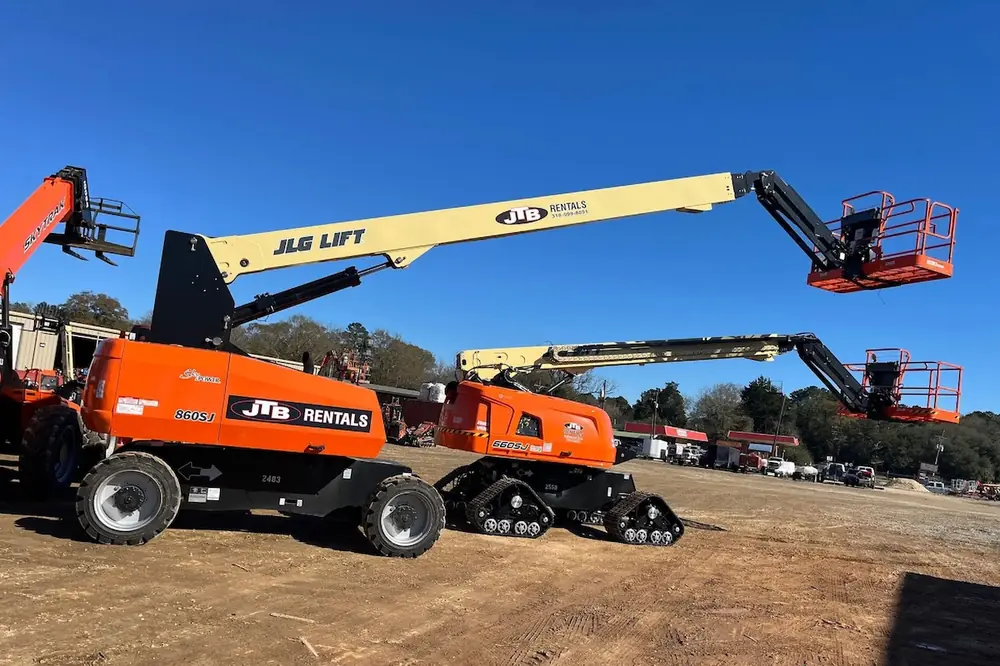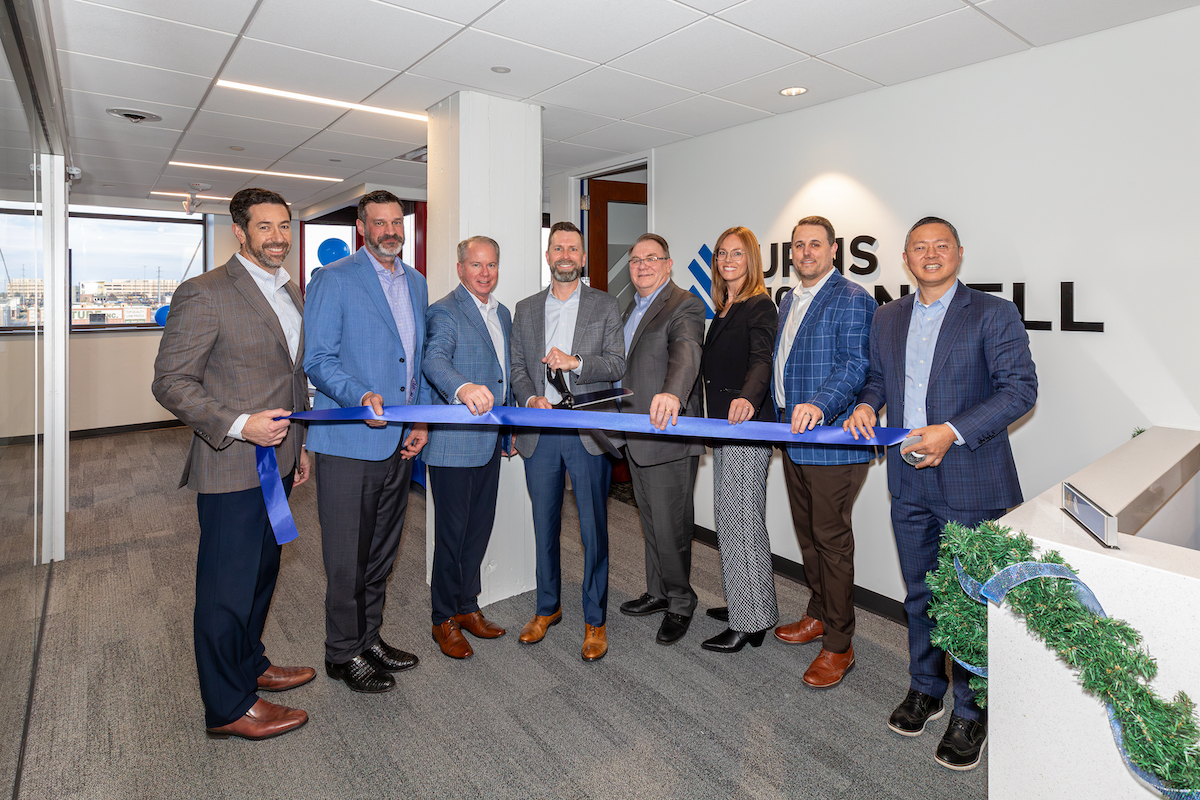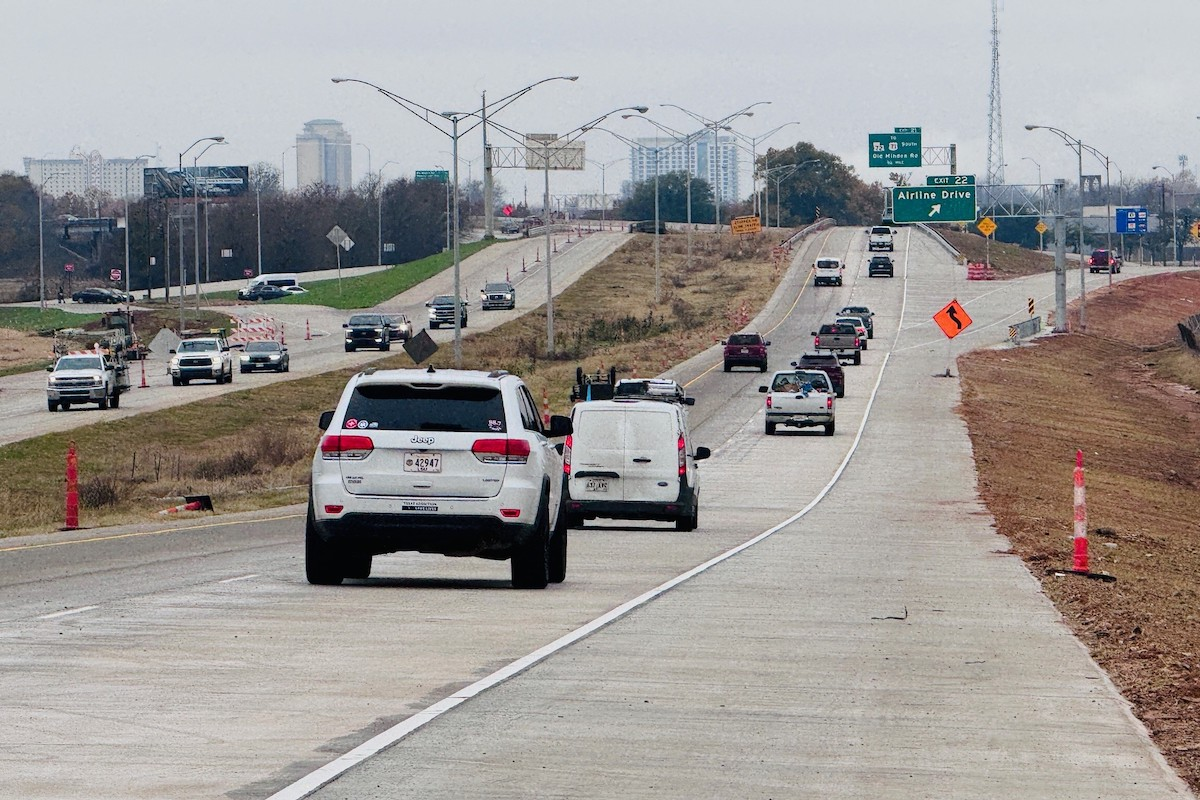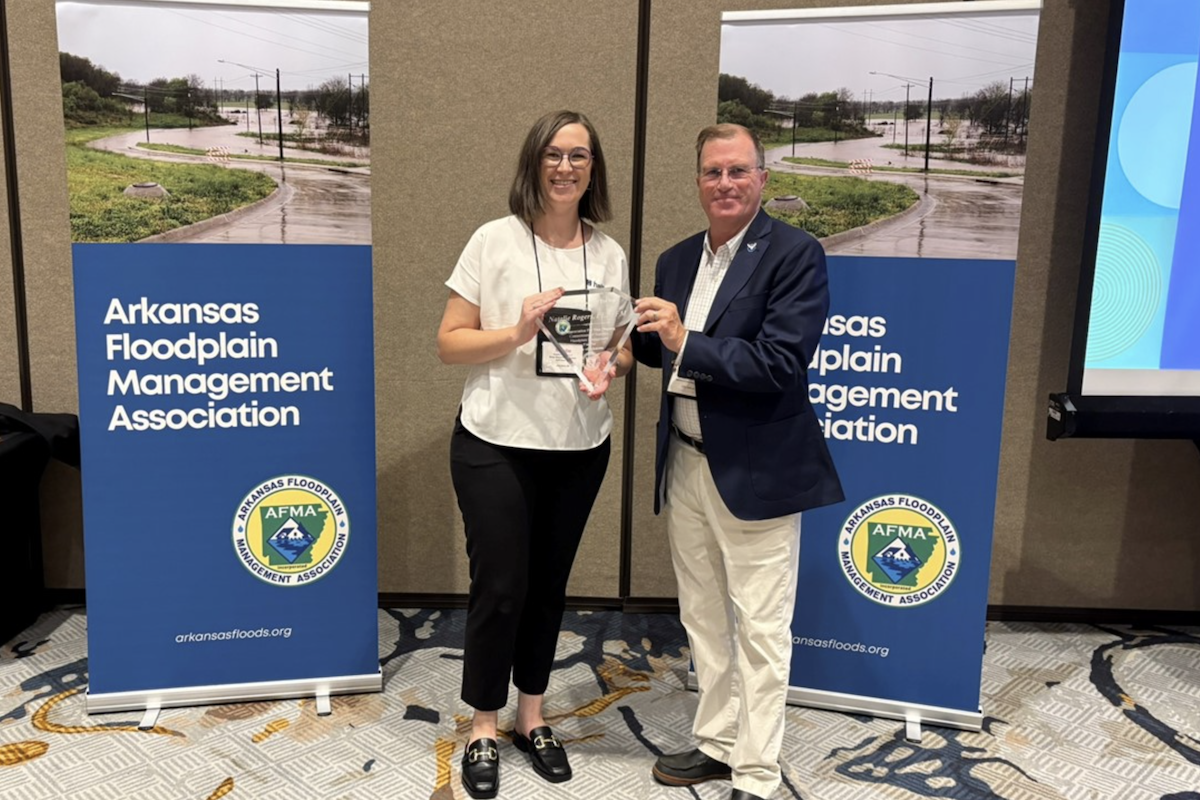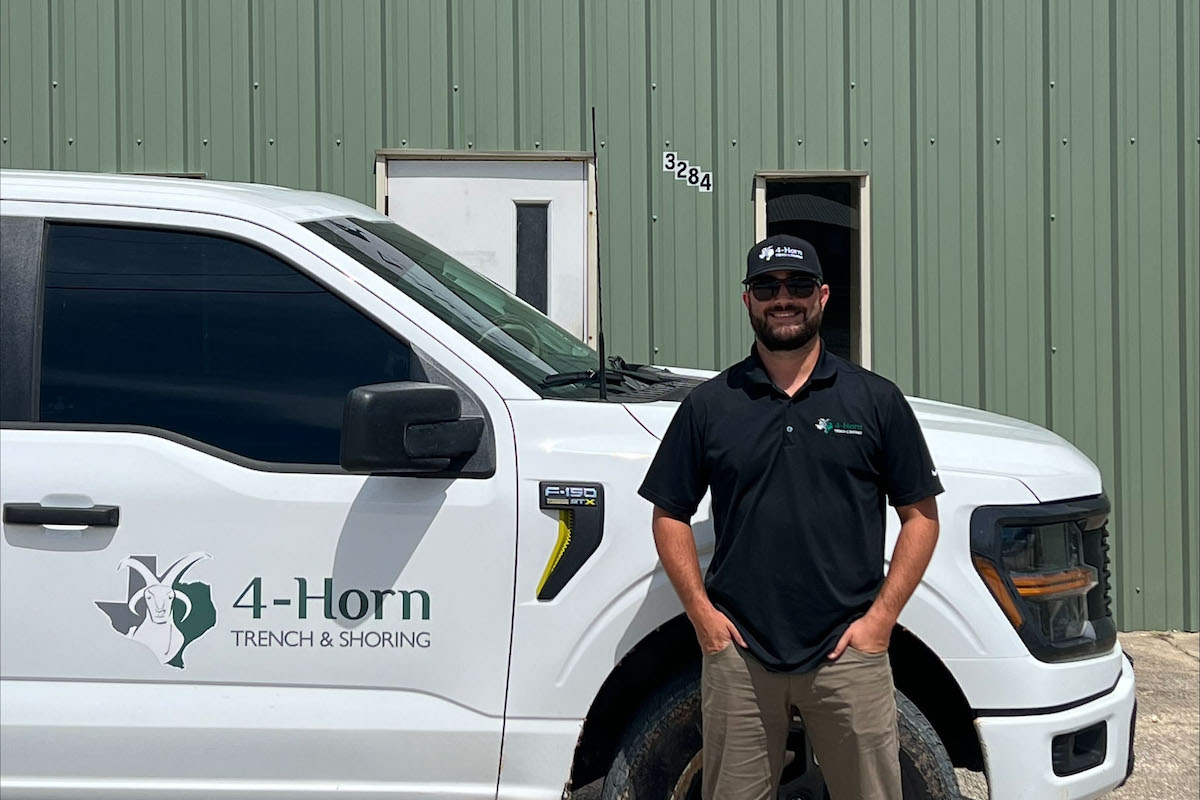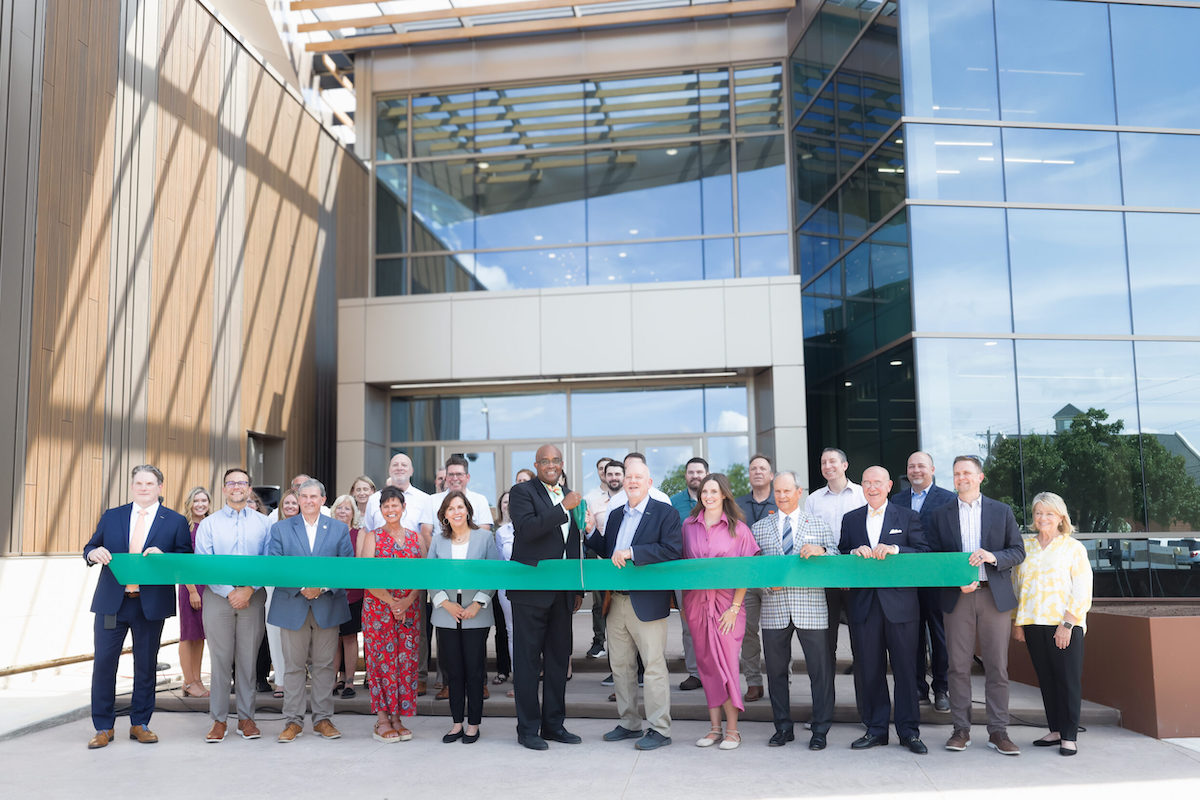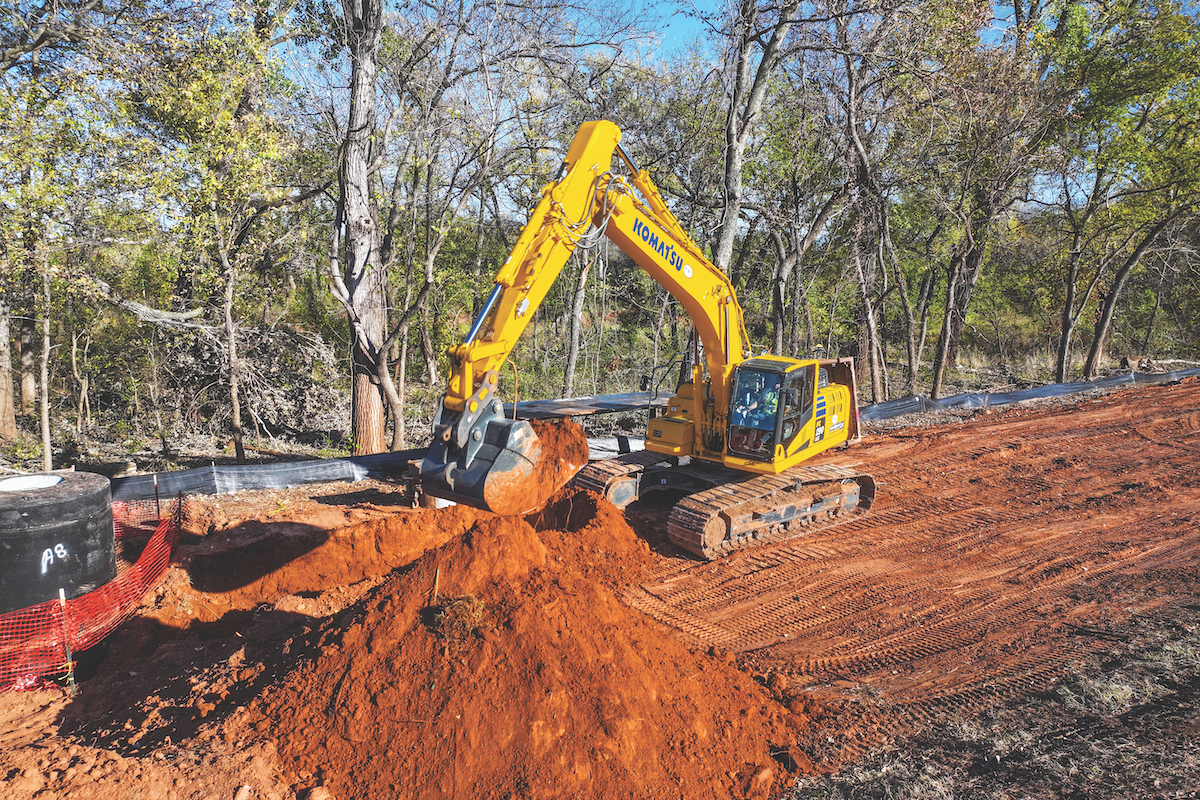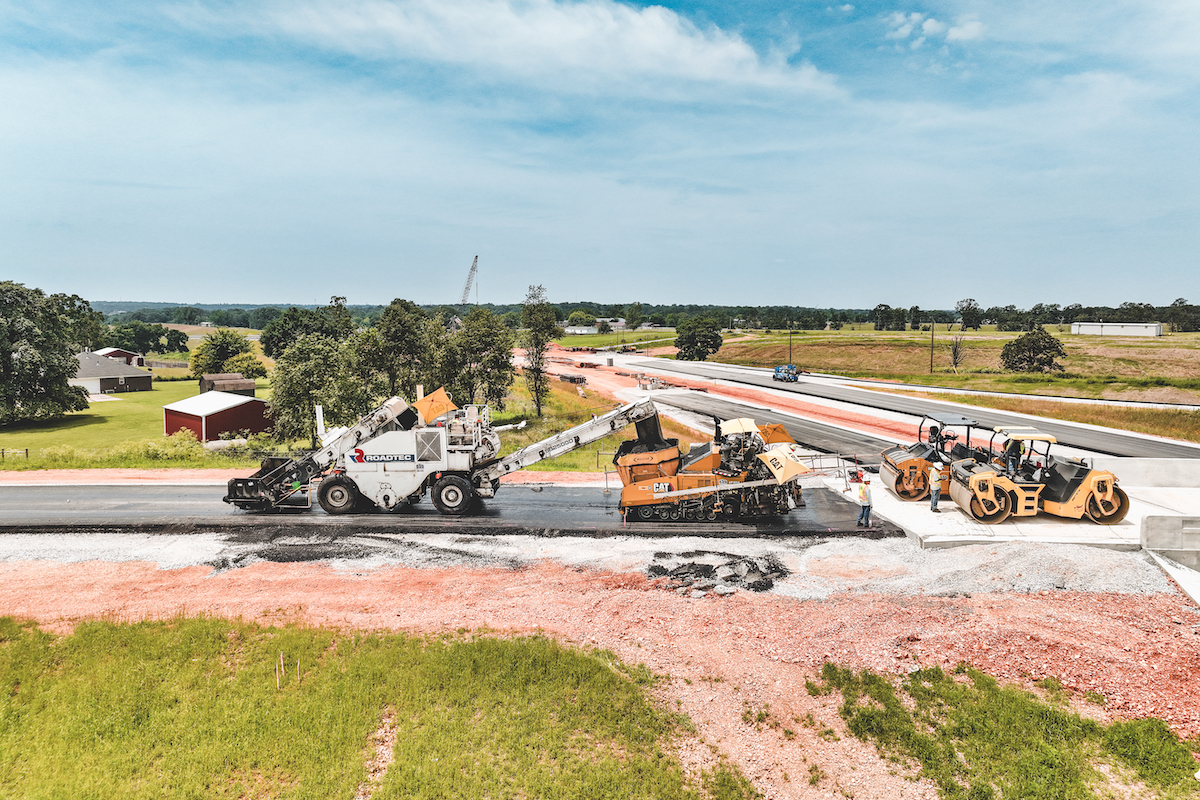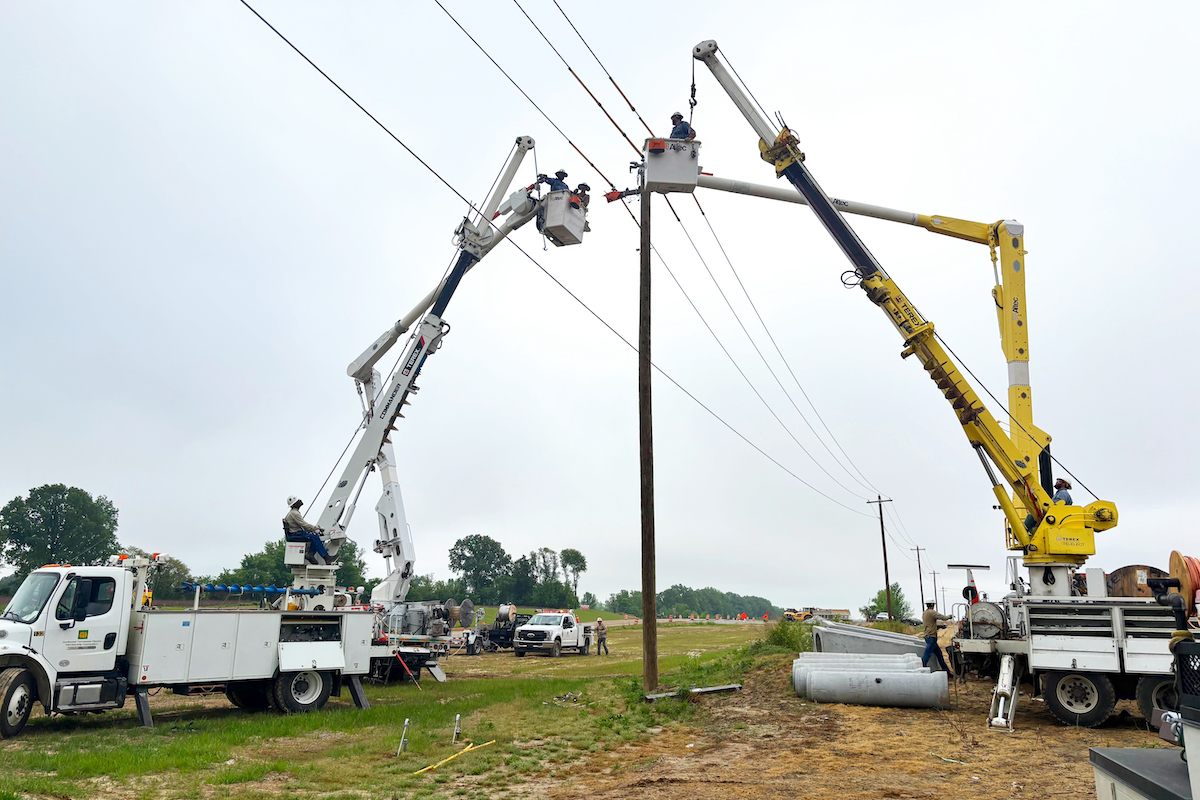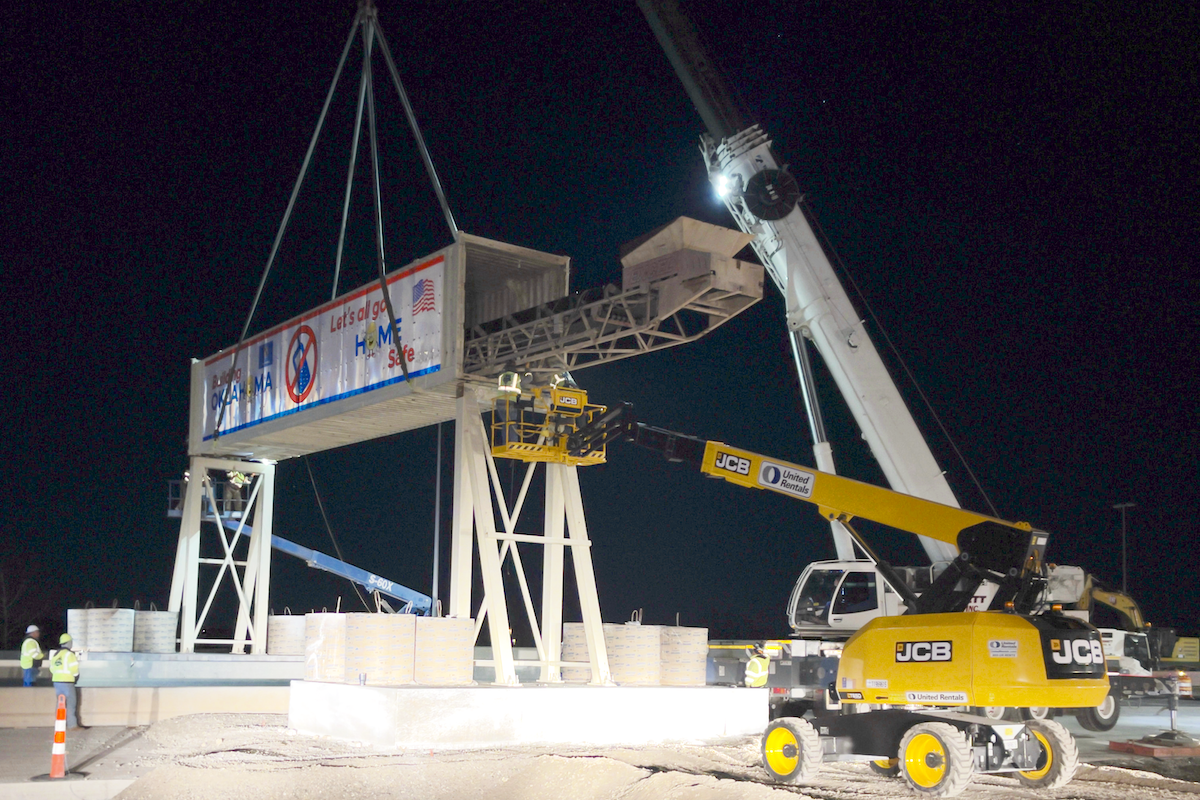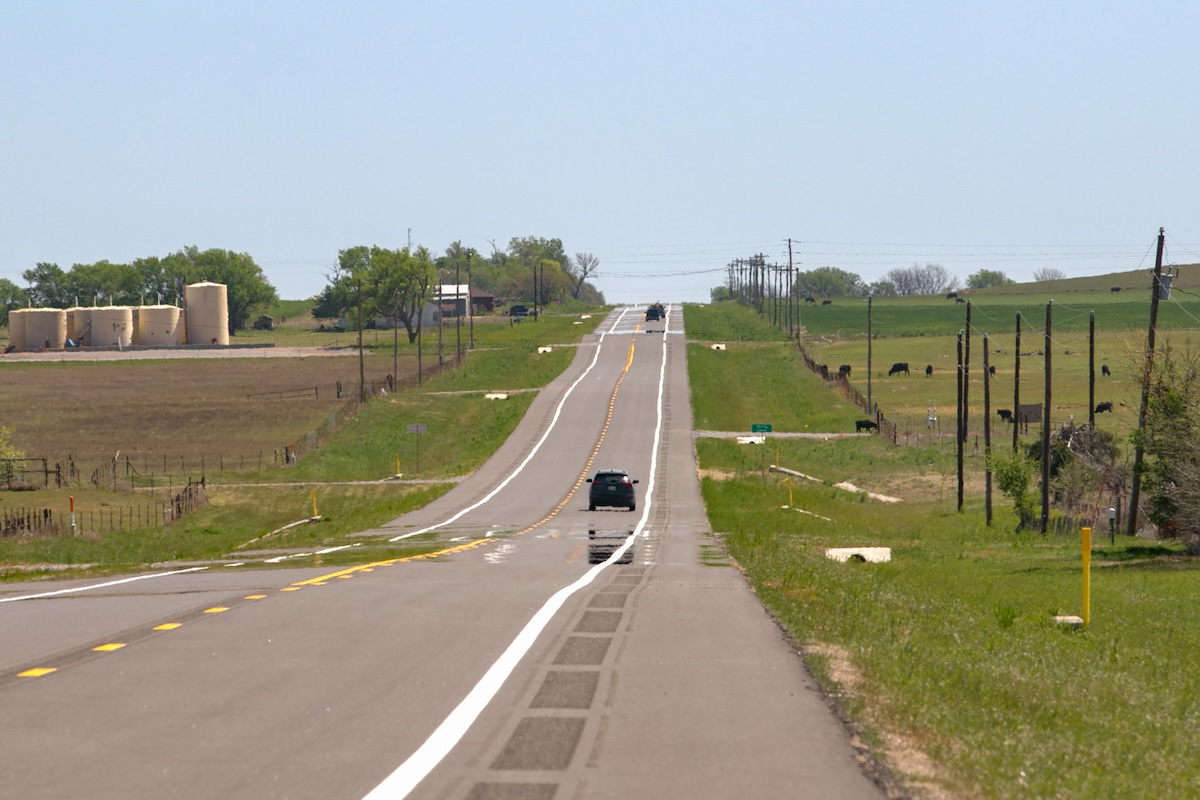JACKSON, MS — The Mississippi Section of the American Society of Civil Engineers (ASCE) releases the 2024 Report Card for Mississippi’s Infrastructure. It includes 12 categories of infrastructure that received an overall grade of C-, which is a one-step increase from the 2020 Report Card for Mississippi’s Infrastructure and matches the national average on the 2021 Report Card for America’s Infrastructure. A C- grade means Mississippi’s infrastructure is in fair condition and requires attention to ensure it remains reliable in the future.
Four of the 12 infrastructure categories (Bridges, Dams, Rail, and Solid Waste) saw their grades increase compared to the previous Report Card, while two categories (Drinking Water and Wastewater) saw their grades drop one level compared to the 2020 Report Card.
“Mississippians have witnessed the consequences of underinvestment and deferred maintenance in infrastructure systems, especially when it comes to our most valuable, life-sustaining resource, the water we all need to survive,” said Jennifer Sloan Ziegler, PE, Chair of the 2024 Report Card for Mississippi’s Infrastructure. “While there are some promising signs and some categories where grades are improving, there is still a lot of work to ensure Mississippi’s infrastructure remains reliable in the future.”
The only two categories to see grade decreases in the 2024 Report Card for Mississippi’s Infrastructure were Drinking Water and Wastewater. Both fell from a D in 2020 to a D- in 2024. The 2022 water crisis in Jackson, Mississippi, revealed the dangerous consequences to public health and safety that come from decades of underinvestment and deferred maintenance of life-sustaining water systems. Lawmakers at all levels acted after the Jackson water crisis by increasing funding for water systems to support maintenance and improvement projects.
These investments are making a big impact as maintenance and improvement projects take hold across the state. However, many of these projects are ongoing and have not yet been registered in available data, which is why they have not led to improving grades during this report’s cycle. The long-term reliability of water systems requires consistent, reliable, and sustainable funding to prevent a repeat of what Mississippians saw in Jackson two years ago.

| Your local Takeuchi Mfg Ltd dealer |
|---|
| Kirby-Smith Machinery |
According to the EPA’s Drinking Water Infrastructure Needs Survey and Assessment, Mississippi has more than $8 billion in water system funding needs over the next two decades, an increase from $4.6 billion in the last report card. Current funding only covers a small percentage of those needs. Much of the need for water systems is for repair and rehabilitation of existing systems where user fees primarily cover operating costs and not long-term needs.
Another problem water systems face in Mississippi is a high rate of treated water that is lost due to leaks. Some systems lose more than 30 percent of treated water, which is twice the industry standard. Jackson’s water system loss is more than 40 percent. Wastewater systems in Mississippi are also aging and face large repair costs. The consequences of a wastewater system failure are both a public health and environmental hazard where untreated wastewater can overflow into rivers and other water sources when systems are overwhelmed.
Mississippi’s bridges saw a two-step grade increase to a D+ in the 2024 Report Card, compared to a D- in 2020. Over the last four years, the percentage of bridges in poor condition dropped from 9.8 percent to 6.3 percent. However, in this same timeframe, the percentage of bridges in good condition fell from 58.4 percent to 56.1 percent, and the number of bridges that have limits on the weight they can carry grew by more than 400.
The grade for roads in Mississippi is unchanged in the 2024 report card at a D-. Of the roads where pavement condition information exists, 24.3 percent are in poor condition, and the Mississippi Department of Transportation is only able to rehabilitate 5 percent of the poor condition roads every year. The state also estimates it has a $400 million funding gap for roads every year. Mississippi also has the highest rate of roadway fatalities, with 25 deaths per 100,000 people annually, and 43 percent of all roadway deaths are related to drunk driving.

| Your local Komatsu America Corp dealer |
|---|
| Kirby-Smith Machinery |
| WPI |
Mississippi’s location along the Gulf Coast helps drive the economy of the state and nation, with ports and inland waterways playing an important role in getting products in and out of the United States. Ports received a B- on the Report Card, the same grade as in 2020. The state’s ports generate $17 billion in gross state product annually and support one out of every 10 jobs in Mississippi. Many ports in the state saw extensive rehabilitation projects after Hurricane Katrina in 2005, while other ports built during the 1950s are nearing the end of their service life and lack updates to prepare them for severe weather and hurricanes. As shipping companies start using larger ships to move goods, expansion projects are needed to ensure Mississippi’s ports can receive those ships.
The state’s inland waterways, which help get products to and from ports, received a D grade, the same as in 2020. Barges on those waterways face frequent delays and need extensive improvements so they can remain a reliable economic driver for the state. It is estimated Mississippi’s inland waterways need nearly $5 billion in upgrades over the next 20 years.
The Report Card for Mississippi’s Infrastructure includes four recommendations to raise the grade:
- Ensure that infrastructure investment is strategically focused on efforts that maximize good-paying jobs, promote the state’s economic competitiveness, and enhance usability.
- Increase funding for state agencies to ensure these critical agencies can carry out their mandated missions. Insufficient funding for decades has resulted in a lack of proper staffing, leading to delays in permitting, necessary approvals, and project execution, causing delayed or missed economic investments across the state.
- Design, operate, maintain, and expand Mississippi’s infrastructure systems using consensus-based codes, specifications, and standards that reduce the potential loss of jobs, economic opportunity, and critical natural resources. This includes advancing resiliency and mitigation measures to ensure better long-term use of taxpayer dollars.
- Invest in programs for technical career training, especially in the drinking water and wastewater sectors. Not only can investment help retain Mississippi’s talent, but it can also help mainstream tools for data-driven decision-making, such as the use of asset management software and life-cycle cost analysis to inform affordable rate structuring for the use of infrastructure systems.

| Your local Wirtgen America dealer |
|---|
| Kirby-Smith Machinery |
The Report Card was created as a public service to citizens and policymakers to inform them of the infrastructure needs in their state. Civil engineers use their expertise and school report card-style letter grades to condense complicated data into an easy-to-understand analysis of Mississippi’s infrastructure network. ASCE State Report Cards are modeled after the national Infrastructure Report Card, which gave America’s infrastructure an overall grade of C- in 2021. The next national Infrastructure Report Card will be released in March 2025.













